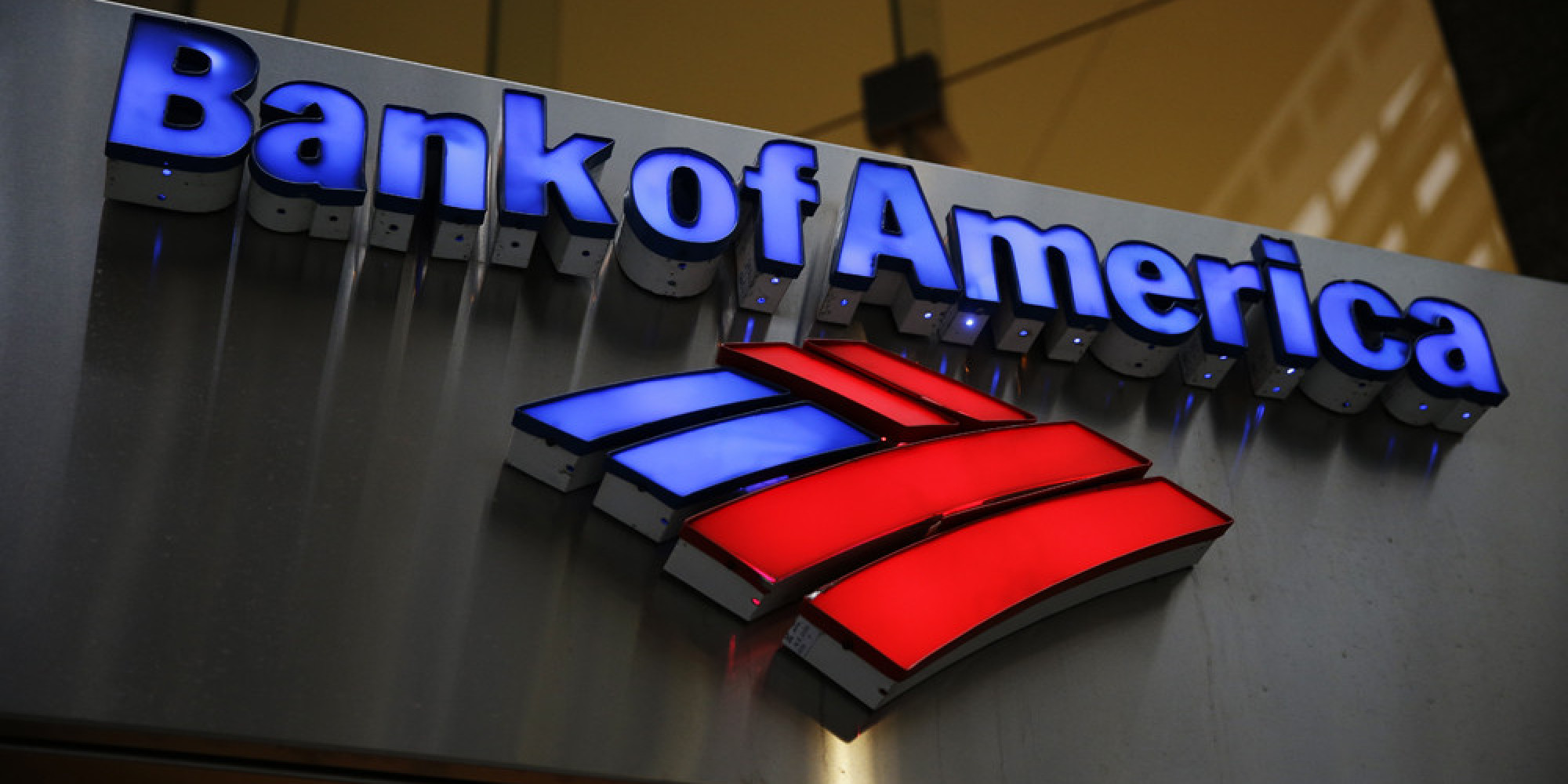Moreover, the financial sector received a boost from Presidential candidate Donald Trump after he proposed dismantling nearly all of Dodd-Frank, the package of financial reforms placed after the global financial crisis. However, the Fed has proved uncooperative when it comes to boosting rates and the latest FOMC minutes reveal the central bank’s concerns about the labor market, decreasing the likelihood of near-term rate hikes.
“Too early to buy the dip in bank stocks if longer-term interest rates remain this low. With the 10-year UST yield at all-time lows, we estimate ~10% median downside to bank earnings if securities exposure was immediately re-priced to market rates, which compares to the ~9% pullback in the BKX following the Brexit vote. Pro forma P/E and P/PPNR valuation multiples in this securities shock scenario are just in line with historical levels,” according to a Baird note posted by Ben Levisohn of Barron’s.
Related: Financial Sector ETFs Maintain Momentum
Financial entities like banks will benefit from expanding margins as rates climb. A rising rate environment may reflect a strengthening U.S. economy, and a healthier economy would help borrowers have an easier time repaying loans, with banks stuck with fewer non-performing assets. Moreover, rising rates means that banks will generate greater revenue from the spread between what they pay deposit savers and the prime rates they charge credit-worthy clients and other highly-rated debt.
For more information on the Brexit fallout, visit our Brexit category.
Financial Select Sector SPDR
